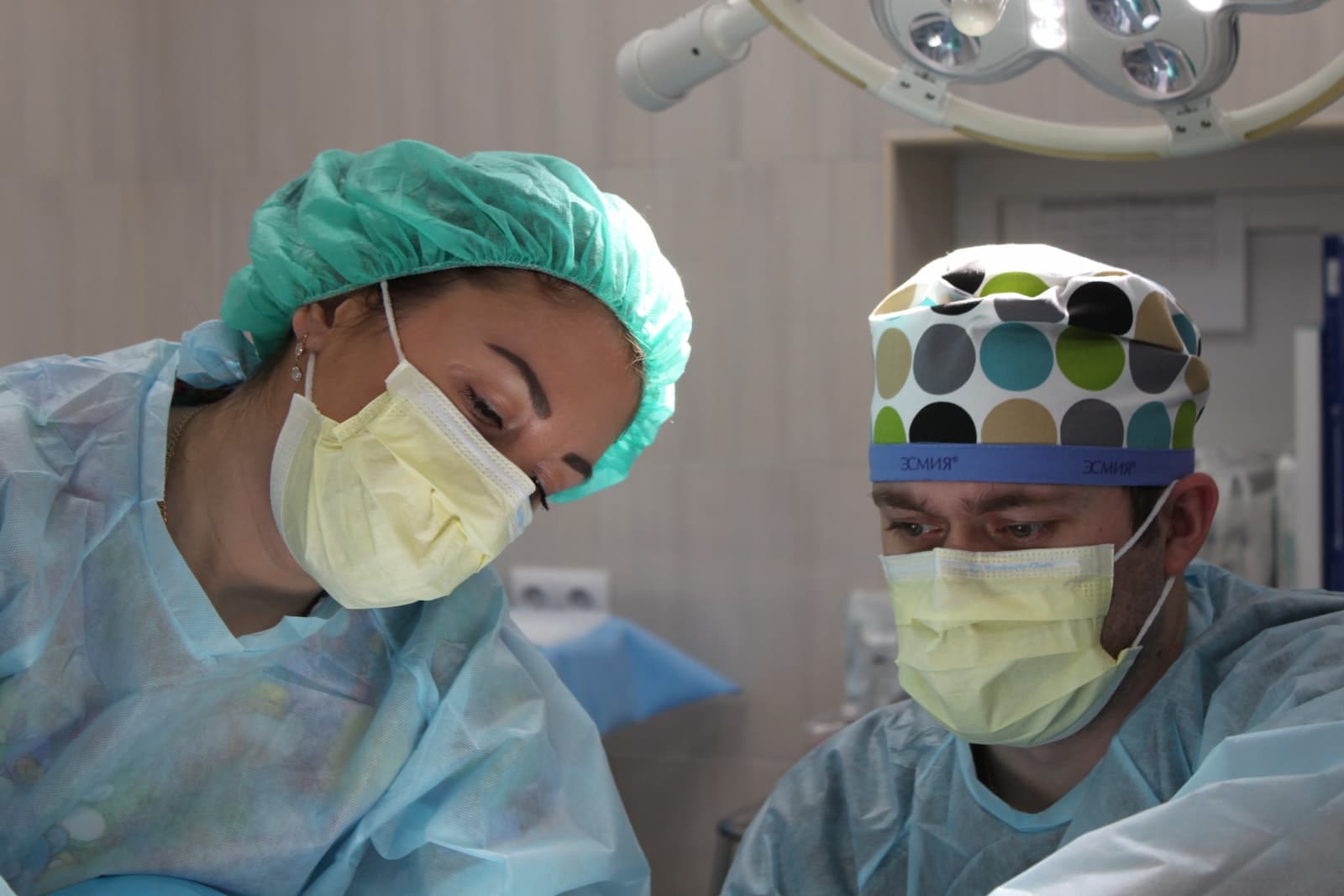The concept of soil carbon sequestration, a cornerstone of regenerative farming, is regaining strength as a key measure in both climate mitigation and adaptation.
The potential of “carbon farming” to sequester CO2 emissions while regenerating degraded agricultural soil has been viewed positively by EU lawmakers in the attempt to scale up the EU’s ambition for obtaining climate neutrality by 2050.
In order to do so, the Commission proposed to increase the 2030 target for emission reduction from 40% to 55% and vowed that all legislation will be revised to make it fit for purpose.
Crops are natural carbon “sinks” for carbon dioxide, removing the equivalent of around 51 billion tonnes of CO2 from the atmosphere each year and storing them in the topsoil.
Agricultural soils in the EU contain around 14 billion tonnes of carbon in the topsoil, which is considerably more than the 4.4 billion tonnes of greenhouse gases (GHG) emitted annually by all the EU’s 27 countries.
At the same time, carbon sequestration has the effect of restoring organic matter in cropland soils, a regenerative ‘gift’ that can boost soil fertility biologically.
And as a regenerative practice, ‘carbon farming’ has been included among the main Good Agricultural and Environmental Conditions (GAECs) of the eco-scheme, the new green architecture in the EU’s post-2020 Common Agricultural Policy (CAP).
In particular, GAEC 2 aims to protect carbon-rich soils such as wetland and peatland, considered among the most effective carbon sinks.
According to the CAP reform proposal, GAEC 2 will be applied to all eligible agricultural land but member states will have to precisely identify peatland and wetland areas by establishing specific cartography at land parcel level.
Furthermore, rewetting techniques to remedy past degradation of drained peatlands, paludiculture or other agricultural practices resulting in carbon sequestration in these areas could be financially supported with additional CAP payments via eco-schemes and rural development interventions.
However, this new push on carbon sinks is seen by some as a smokescreen for the overall ambition on climate targets.
Environmental campaign groups have denounced the Commission’s plan to include soil carbon sequestration in the climate target, saying this was “an accounting trick” to meet the 2030 goals.
“Relying on forests to reach climate targets sends the wrong signal that it’s OK to keep polluting because the land will absorb it,” said Sam van den Plas, policy director at Carbon Market Watch, an environmental NGO.
In Europe, forests are currently a net carbon sink because they take in more carbon dioxide than they emit. Globally, oceans and forests are the two biggest carbon sinks.
Carbon market taboo
The plan to store more carbon on European farmlands and forests should be pursued through a “robust carbon removal certification scheme,” the recent update of the European Commission’s Climate Law reads
However, the increase of the GHG reduction target to at least 55%, would keep the agricultural and land-use sector outside the bloc’s carbon market – the Emissions Trading Scheme (ETS) – the Commission has informed.
The EU executive only plans to overhaul several pieces of legislation by June 2021, such as the Land Use, Land Use Change and Forestry regulation (LULUCF) and the Effort Sharing regulation.
European farmers have so far been prevented from participating in carbon markets, which would allow them to get paid for storing carbon in their farmlands by trading greenhouse gases.
In order to overcome the carbon markets taboo, the European Parliament’s Agriculture Committee (COMAGRI), included proposals for a soil carbon sequestration scheme supported by establishing a separate trading scheme for negative emissions in its opinion on the Climate Law.
The importance of removals or negative emissions is paramount as currently removals and emission reductions are treated equally in carbon markets.
However, a ton of carbon removed from the atmosphere ought to be priced differently from a ton of carbon that is not emitted into the atmosphere, say EU lawmakers.
“From a political point of view, I believe the Commission should explore the possibility of establishing a separate trading scheme for negative emissions,” said Asger Christensen, the liberal MEP who drafted the opinion.
“That is an important message in our opinion, because it might generate substantial climate finance and benefit climate, environment, and biodiversity.”
[Edited by Benjamin Fox]













